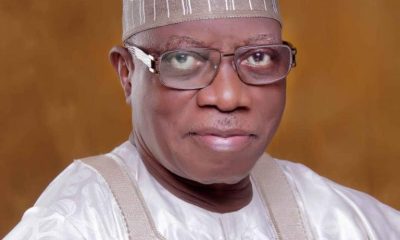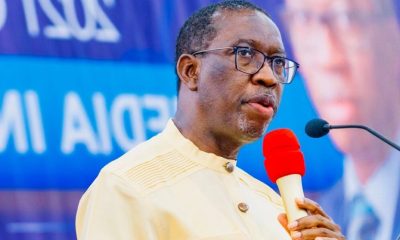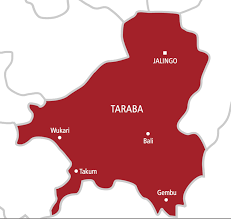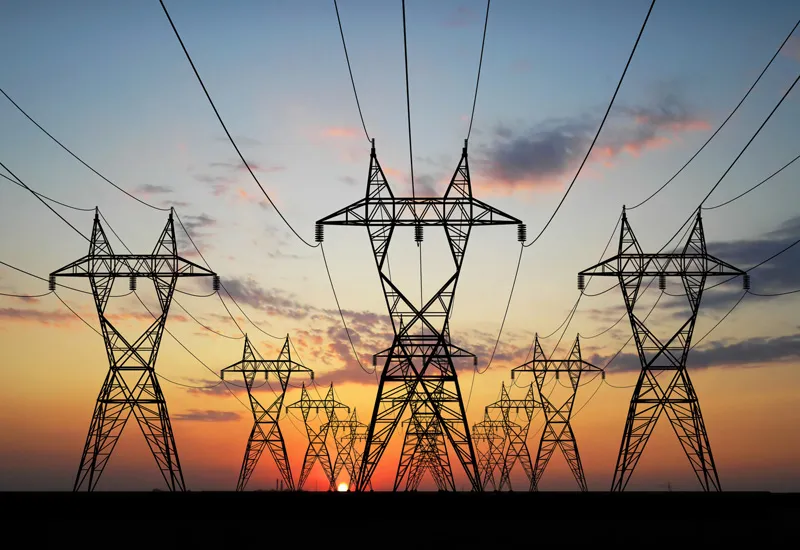The recent collapse of Nigeria’s national grid has raised alarms about the reliability of the country’s power system, affecting millions of homes and businesses.
In 2024 alone, the grid has failed eight times, with three incidents occurring in just one week.
In light of this crisis, the Nigerian Electricity Regulatory Commission (NERC) has announced plans for a public hearing to involve stakeholders from the Nigerian Electricity Supply Industry (NESI), civil society groups, and the general public in discussions on potential solutions.
Minister of Power Adebayo Adelabu acknowledged that while some grid failures are unavoidable, enhancing efficiency is crucial to minimizing their frequency. “We must prioritize efficiency to prevent these collapses,” he stated, underlining the need for a proactive approach.
Babatunde Osadare, a senior official at Ikeja Electric, emphasized the critical need for infrastructure investment, particularly in the Supervisory Control and Data Acquisition (SCADA) system.
READ ALSO: Another grid collapse leave nine Northern states in darkness
This technology allows for real-time monitoring and control of the grid, enabling operators to detect faults and manage loads effectively.
“The SCADA system is crucial,” Osadare noted. “Collapses can occur when frequency is too high or low due to real-time energy demand and generation. It’s difficult to balance without SCADA tools.”
While the federal government has recently introduced a $56 million SCADA project in partnership with the World Bank, Transmission Company of Nigeria (TCN) Managing Director Sule Abdulaziz reported that only 70 per cent of the system’s acquisition has been completed.
Power consultant and energy expert Ayoola Oginni called for decentralizing the grid as a critical step to reducing failures.
“The Nigerian government should accelerate efforts to decentralize the national grid,” he urged, suggesting the implementation of mini-grids powered by renewable energy sources such as solar and wind.
READ ALSO: Grid collapse: HURIWA demands audit of power sector under Buhari
Oginni also advocated for constitutional amendments that would permit states to generate and transmit their electricity, opening the market to investors and industries.
“States or businesses could transmit excess supply to the national grid, while micro-grid projects could expand to send excess power to the grid as well,” he added.
The call for alternative energy sources was echoed by Ifeanyi Ukuwuoma, CEO of Powerful Technology Limited. He stressed the importance of diversifying energy sources to alleviate pressure on the national grid.
“The government should focus on promoting renewable energy like solar and wind, which can be distributed throughout the grid,” he said. “Integrating these renewable sources makes the energy supply more resilient and less reliant on traditional methods.”
Despite ongoing challenges such as vandalism and unforeseen events, experts agree that a well-managed system can significantly reduce the frequency of collapses. “Modernization and proactive management are essential for a stable electricity supply,” Ukuwuoma concluded.
As NERC prepares for its public hearing this Thursday, the recommendations from these experts provide actionable steps toward stabilizing Nigeria’s power supply and minimizing future disruptions.

 Football1 week ago
Football1 week ago
 News7 days ago
News7 days ago
 Health6 days ago
Health6 days ago
 Comments and Issues1 week ago
Comments and Issues1 week ago
 Comments and Issues1 week ago
Comments and Issues1 week ago
 Comments and Issues1 week ago
Comments and Issues1 week ago
 Comments and Issues1 week ago
Comments and Issues1 week ago
 Comments and Issues1 week ago
Comments and Issues1 week ago

